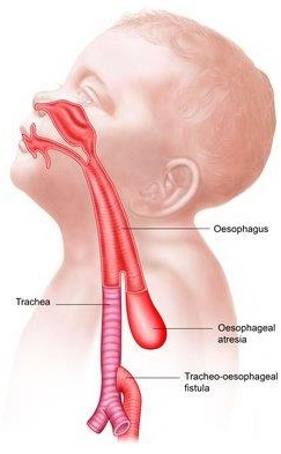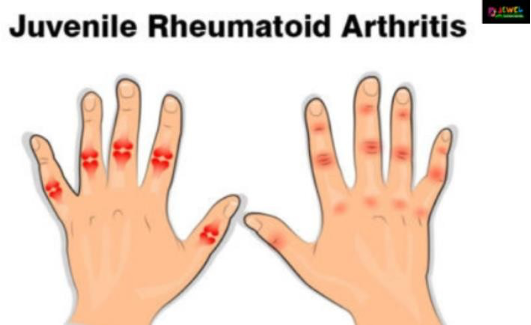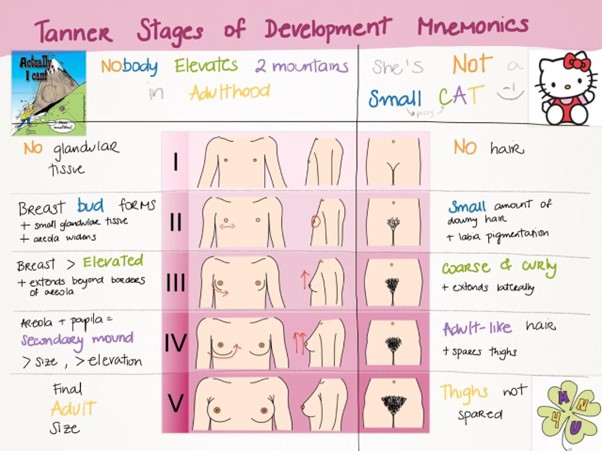The nurse is caring for a neonate with a suspected tracheoesophageal fistula (TEF). Nursing care should include which of the following?
Elevating the head but give nothing by mouth
Elevating the head for feedings
Avoiding suction unless infant is cyanotic
Feeding glucose water only
The Correct Answer is A
When caring for a neonate with a suspected tracheoesophageal fistula (TEF), nursing care should include elevating the head but giving nothing by mouth. Tracheoesophageal fistula is a condition where an abnormal connection exists between the trachea and oesophagus, leading to the passage of air and secretions between these structures. Feeding the infant orally can result in aspiration of feedings into the lungs, which can cause respiratory distress and complications. Therefore, it is important to keep the neonate in an upright position to reduce the risk of aspiration until a definitive diagnosis and treatment plan are established.
elevating the head for feedings in (option B), is not appropriate in this case as oral feedings should be avoided until the tracheoesophageal fistula is addressed.
avoiding suction unless the infant is cyanotic in (option C), is not correct. Suctioning may be necessary in neonates with suspected tracheoesophageal fistula to clear secretions and maintain a patent airway.
feeding glucose water only in (option D), is not an appropriate intervention for a neonate with a suspected tracheoesophageal fistula. In this situation, all oral feedings should be withheld until further evaluation and management.

Nursing Test Bank
Naxlex Comprehensive Predictor Exams
Related Questions
Correct Answer is B
Explanation
During painful episodes of juvenile arthritis, a plan of care should include proper positioning of the affected joints to prevent musculoskeletal complications. Proper positioning helps to alleviate pain, reduce inflammation, and minimize stress on the affected joints. It also promotes joint stability and prevents contractures or deformities that can occur due to prolonged immobility.
a weight-control diet to decrease stress on the joints in (option A) is incorrect because it, may be a consideration in managing overall joint health and reducing excessive strain on the joints. However, it is not the primary nursing intervention during painful episodes of juvenile arthritis.
high-resistance exercises to maintain muscular tone in the affected joints in (option C) is incorrect because it, may not be appropriate during painful episodes of juvenile arthritis. High-resistance exercises can potentially exacerbate pain and inflammation. Exercise should be tailored to the individual's condition and guided by healthcare professionals.
complete bed rest to decrease stress to joints in (option D) is incorrect because it, is not recommended as a nursing intervention for painful episodes of juvenile arthritis. Prolonged bed rest can lead to muscle weakness, joint stiffness, and functional decline. Instead, maintaining mobility and appropriate activity levels within the child's pain tolerance and capabilities is generally preferred.

Correct Answer is D
Explanation
Tanner staging is a method used to assess and describe the development of secondary sexcharacteristics during puberty. It is primarily focused on the physical changes that occur asindividuals transition from childhood to adulthood. The Tanner scale consists of differentstages(ItoV)that describethedevelopmentofspecificsecondarysexcharacteristicssuchasbreastdevelopment, pubichairgrowth,genital development,and facialhair growth.
Growthhormonesecretionin(optionA)isincorrectbecauseWhilegrowthhormonedoesplay a role in the overall growth and development of individuals during puberty, Tannerstagingdoes not specificallymeasureor assessgrowth hormone secretion.
Hormone levels in (option B) is incorrect because While hormone levels, including sexhormonessuchas estrogenandtestosterone, doplayasignificantrolein thedevelopmentofsecondary sex characteristics, Tanner staging itself does not involve measuring or assessinghormone levels. Hormone levels can be assessed through laboratory testing, but this is aseparateprocess from Tanner staging
Hyperthyroidism in (option C) is incorrect because Hyperthyroidism, on the other hand, is amedical condition characterized by an overactive thyroid gland that produces an excessivenumberofthyroidhormones.Itisnotdirectlyrelatedtothedevelopmentofsecondarysexcharacteristics. Diagnosing hyperthyroidism typically involves assessing symptoms,conductingphysicalexaminations,andperformingspecificbloodteststomeasurethyroidhormone levelsandevaluatethyroidfunction.

Whether you are a student looking to ace your exams or a practicing nurse seeking to enhance your expertise , our nursing education contents will empower you with the confidence and competence to make a difference in the lives of patients and become a respected leader in the healthcare field.
Visit Naxlex, invest in your future and unlock endless possibilities with our unparalleled nursing education contents today
Report Wrong Answer on the Current Question
Do you disagree with the answer? If yes, what is your expected answer? Explain.
Kindly be descriptive with the issue you are facing.
